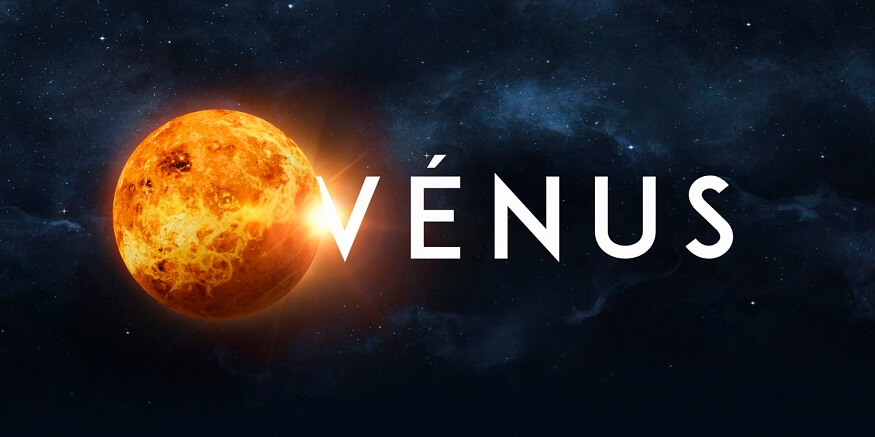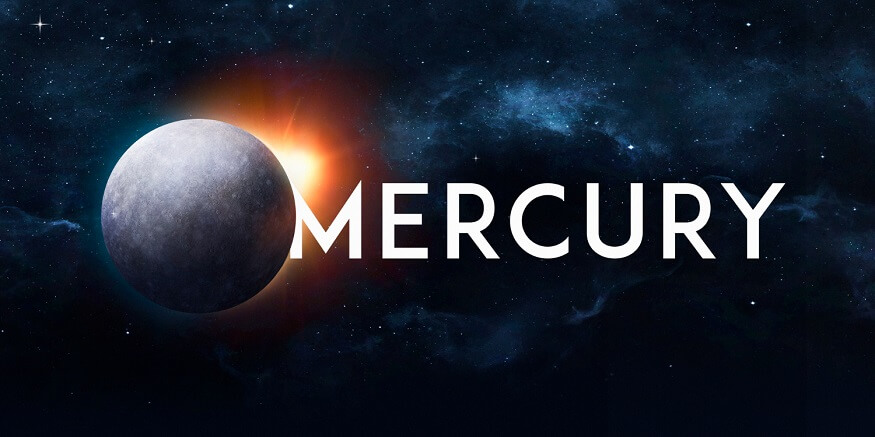Venus, the second planet from the Sun, also known as Morning and Evening Star. Today we will discuss the wealth of captivating facts and surprising information about Venus. Kids should explore this wide range of amazing and interesting Venus planet facts, delving into its composition, surface, atmosphere, exploration, and potential for future study.
Also Read: Tips To Get Children Interested In Space Science
Interesting facts about Venus for Kids:
Here are some surprising Venus facts for kids to better understand and also get more information about Venus.
1. Closest Neighbour:
Venus is often called Earth’s sister planet because it is similar in size, composition, and distance from the Sun. The most amazing information about Venus is, it is only slightly smaller than Earth, with a diameter of about 12,104 kilometres.
2. Venus facts regarding the Atmosphere:
Venus is known for its extremely thick Atmosphere, which primarily consists of carbon dioxide with quantities of nitrogen and other gases. The pressure of the air on the outside of Venus is about 92 times greater than the pressure on Earth, which is similar to being covered under a mile of water.
3. Greenhouse:
The amazing greenhouse effect caused by its thick environment, Venus has the greatest temperature in our solar system. Despite being further from the Sun, Venus’s surface temperature averages approximately 462 degrees Celsius, making it hotter than Mercury’s.
4. Rotation and Direction:
Venus has a unique rotation pattern. When observed from above the North Pole, most planets in our solar system centre in the opposite direction, while Venus rotates clockwise in what is known as backward rotation. In addition, Venus has an extraordinarily slow rotation time, with one full rotation taking around 243 Earth days.
5. Venusian Mountains:
Maxwell Montes is the highest mountain range on Venus, reaching an altitude of about 11 kilometres (7 miles) above the average surface elevation. These mountains are believed to be primarily composed of a rock called basalt.
Also Read: Interesting Facts about Space for Kids
6. Volcanoes:
Another surprising Venus fact is, there are thousands of volcanoes, volcanic domes, and lava flows. The planet’s geology is characterised by extensive volcanic activity, suggesting that Venus has been resurfaced by lava flows relatively recently in its history.
7. Venus stagnant Lid:
Although the planet’s closeness to Earth, Venus has very different natural activities than our world. It does not have tectonic plates like Earth, which are responsible for the creation of mountains and earthquakes. Instead, Venus has what is known as a “stagnant lid” regime, where the surface is broken up by cracks and fractures caused by the intense heat.
8. Robust Atmosphere:
Venus has several impact craters. However, they are a number of small craters when compared to other planets with land masses like Mercury or Mars. This is due to Venus’s strong Atmosphere, which can melt or redirect small rocks before they reach the planet’s surface.
9. Brightest planet:
The most interesting facts about Venus are the evening and morning stars. Astronomers commonly refer to Venus as the “Lucifer,” especially when it develops as the morning star. This name originates from the Latin phrase meaning “light bringer” or “bringer of dawn.” Similarly, when Venus develops as the evening star, it is known as the “Vesper” or “Hesperus,” the evening star of ancient mythology.
10. Acidic Rain:
Venus dense Atmosphere contains sulfuric acid clouds that produce intense acid rain. These acidic droplets never reach the ground but evaporate before reaching the surface due to the high temperatures.
11. Magnetic field:
Venus has a modest magnetic field in comparison to Earth. While Earth’s magnetic field is formed by a dynamo action within its liquid outer core, Venus has a very slow rotation and no visible magnetic field. This renders it more vulnerable to solar wind, which may destroy its Atmosphere over time.
12. No Moons:
Surprising Information about Venus is, there are no moons or rings surrounding Venus. As a result, it is the second planet in our solar system without natural satellites, the other being Mercury. The lack of moons is thought to be related to the planet’s high force of gravity, which puts objects in stable orbits around it impossible.
13. Information about Venus alien Life:
Venus has sparked the curiosity of those looking for alien life. With its extreme surface circumstances, here the exciting Venus fact is that some scientists believe that bacteria might exist in the planet’s upper Atmosphere, where temperatures and pressures are more acceptable. Future missions are being planned to look at this more.
14. No Water Vapour:
One of the important Venus planet facts is Venus’s Atmosphere. Which contains only trace amounts of water vapour, leading to a near-total lack of liquid water on its surface. This is in stark contrast to Earth, where water is abundant and essential for life.
15. Long day:
The biggest Venus planet facts are longer days than Earth. The length of Venus’s day is longer than its year. While it takes Venus about 225 Earth days to orbit the Sun (equivalent to a Venusian year), its slow rotation means that a day on Venus (one complete rotation) takes approximately 243 Earth days. This makes Venus the planet with the longest day in our solar system.
Also Read: Science Stream Career Options after 10th & List of Courses after 12th
Conclusion:
From its scorching temperatures and thick Atmosphere to its volcanoes and lack of moons, Venus is truly a unique and mysterious planet. As a student, keep your curiosity alive and continue exploring the vast wonders of our universe. At EuroSchool, we are mindful about the importance of space knowledge for students. Visit our campus to know more.










